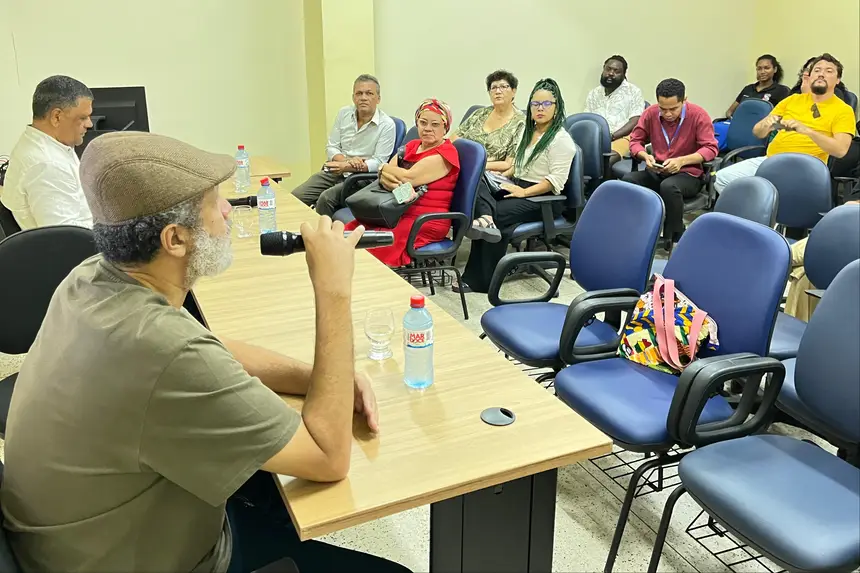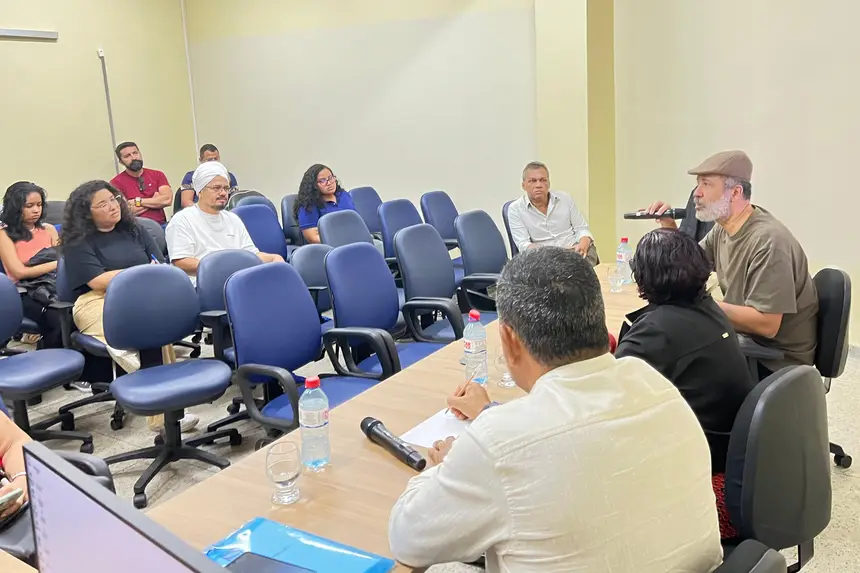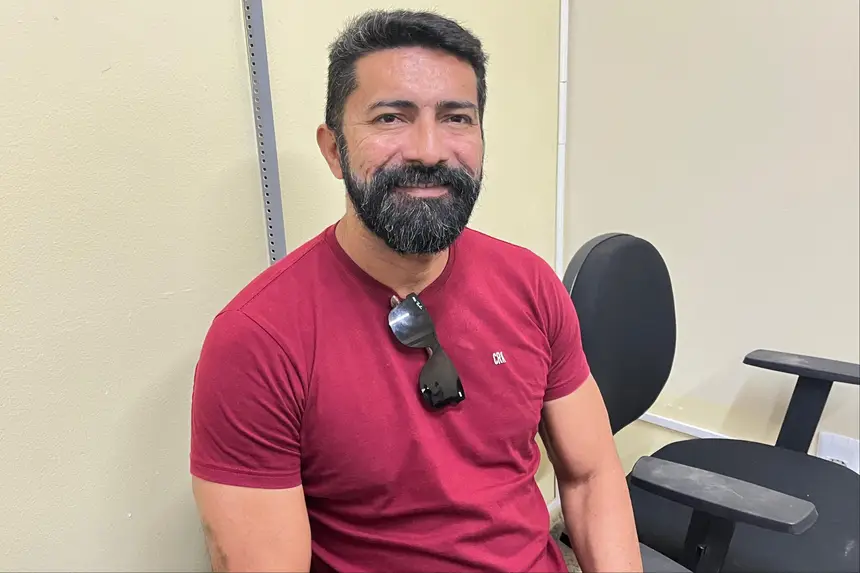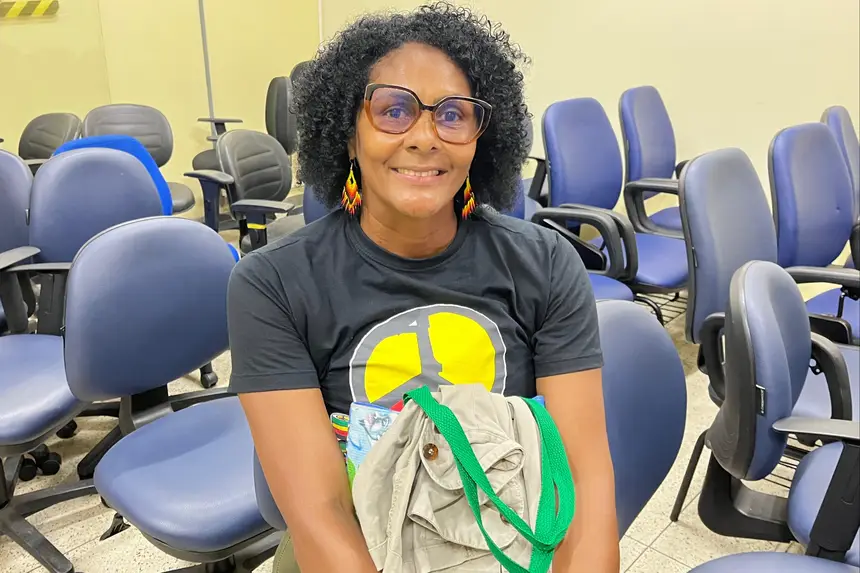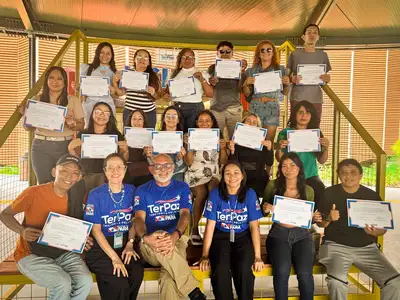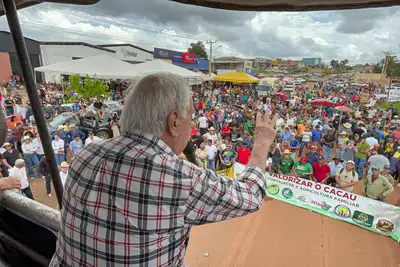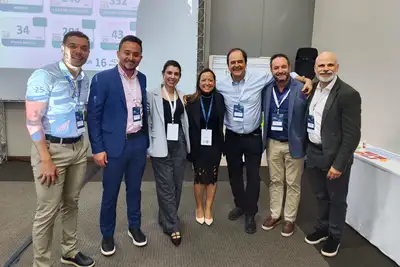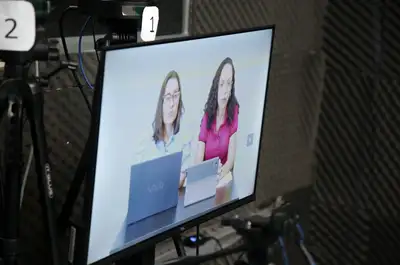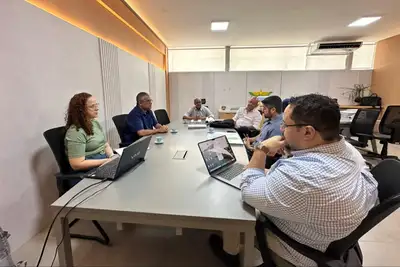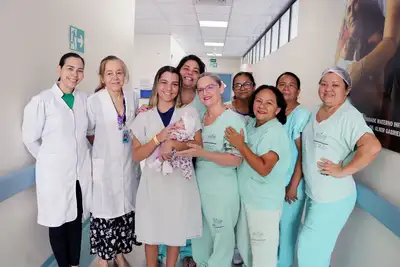History of Quilombos in the Amazon is the theme of a seminar at Seirdh
On Historian's Day, the debate about the quilombos in the region proves to be current and necessary
On this Tuesday, 19, Historian's Day, the Secretary of Racial Equality and Human Rights (Seirdh) held the first day of the Seminar "Enslaved Blacks and Quilombos in the Amazon" with the presence of two important scholars on the subject: the professor from the Federal University of Rio de Janeiro (UFRJ), Flávio Gomes, and the professor from the Federal University of Pará (UFPA), Raimundo Diniz.
On this occasion, they discussed the "History of Quilombos in the Amazon" and the importance of knowing and debating the subject today. The head of Seirdh, Edilza Fontes, emphasized the need for discussions on the topic given the significant presence of quilombos in the state of Pará. "This is a pressing issue, which is why the secretary has a quilombola management. We thought of this seminar to reflect on how the past was viewed and how we can have a new perspective," she stated.
For Professor Flávio Gomes, the meeting allows us to think about the present through learning from the past. "The fact that contemporary issues involving the quilombo are only what the past was, with the African presence and the first quilombolas, is a mistake. The quilombolas today are fundamentally attuned to current issues, demands for education, public policy, and territory. So, it is a completely updated issue. It is historical, but it is updated to public policy," explained the historian.
Professor Raimundo Diniz agrees and believes that moments like this can integrate what is studied in universities with what can actually be done to improve reality. "This meeting today is an important milestone in the policy that has been developing around Seirdh, because it allows the gathering of what academia is thinking about historical and contemporary situations related to quilombola issues and the opportunity to dialogue with quilombolas and people from other movements that also discuss the topic. So it is grand, assertive, and may we have other moments of this nature," emphasized the professor.
One of the participants on the first day of the seminar was historian Paulo Henrique Barbosa. A resident of the municipality of Curuçá, director of the Historical Cultural Center Palacete Barbosa de Lima, a scholar of regional history and grandson of enslaved blacks, he celebrated the realization of the event, which he considered enriching, and highlighted the appreciation of the culture built from African roots. "By clarifying situations, we further enrich our knowledge about the African presence in the region and about this resistance we need to have to value our identity and, above all, the feeling of belonging, because we all have it; it is not a foot in the slave quarters, but a foot in Africa, with all the wealth, all the culture that the African people brought to Brazil and created this wonderful, rich culture that is Brazilian culture," he emphasized.
The doctoral student in social anthropology at UFPA and quilombola from Maranhão, Silvandra Cardoso, also attended the professors' lecture and highlighted the need to study history with a reparative perspective. She believes that enhancing these discussions results in specific public policies and the regulation of quilombola territory. "Thus arise public policies and the regulation of territory, which is the most critical part, because as the professors pointed out, the issue of the collective is important. And the State is responsible in this sense. As Brazilian territory was divided and the right to land was excluded from our population, our descendants are important in this discussion of a history that accompanies current issues. We talk about ancestry, but precisely to affirm ourselves in this debate, in these issues of reparations," she highlighted.
Public Policies - According to data from the Institute of Lands of Pará (Iterpa), the Government of Pará is a pioneer in the regularization of quilombola lands, being considered the state with the highest delivery of collective land titles to traditional peoples and communities.
To further increase the number of titled quilombola lands, in addition to discussing other situations and demands of the quilombos, the government holds the Quilombola Table quarterly, in which Seirdh participates alongside agencies such as Iterpa, the Public Ministry of the State of Pará (MPPA), Coordination of the Associations of the Remaining Quilombos Communities of Pará (Malungu), the Court of Justice of the State of Pará (TJPA), the Amazon Environmental Research Institute (Ipam), and the Palmares Cultural Foundation.
Furthermore, the Secretary of Racial Equality and Human Rights also participates in a Technical Chamber at the State Department of Education (Seduc), together with Malungu, to discuss selection processes for quilombola teachers, their training, as well as specific legislation focusing on quilombola education.
This theme will be one of the axes of the thematic groups of the 5th State Conference for the Promotion of Racial Equality (Coepir), promoted by the Government of Pará, which will be held on August 20 and 21, at Cesupa - Campus Alcindo Cacela II, in Belém.
Seminar “Enslaved Blacks and Quilombos in the Amazon”
The seminar continues on Friday, 22, in the auditorium of Seirdh. In the morning, Professor Flávio Gomes and Professor Marley Silva from the Federal Institute of Pará (IFPA) will discuss the theme “Amazon, Slavery, and the Historiographical Debate.” In the afternoon, the seminar concludes with the discussion circle “Project Cartography of Quilombos in the Amazon,” with Professor Flávio Gomes.
Text by Fernanda Graim / Ascom Seirdh


